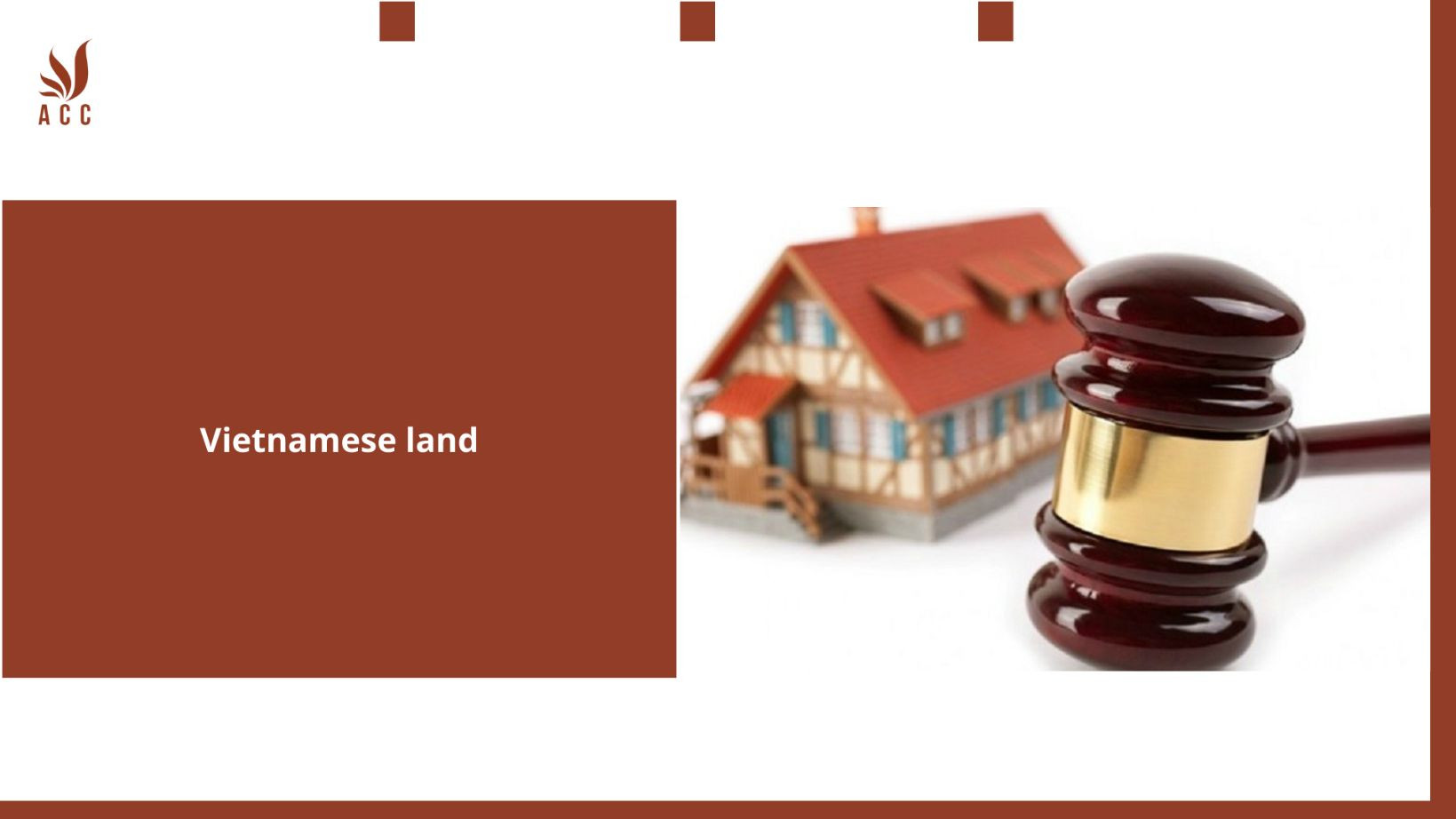Vietnamese land refers to the territory, landforms, and areas within the borders of Vietnam, a Southeast Asian country. Vietnam's land features a diverse landscape with various topographical elements, and it plays a crucial role in the country's economy, culture, and history. Here are some key aspects related to Vietnamese land:

1. Geography:
Vietnam is known for its diverse geography, including mountains, highlands, plateaus, coastal plains, and the famous Mekong Delta. The country is characterized by a long, S-shaped coastline along the South China Sea.
2. Agriculture:
A significant portion of Vietnamese land is used for agriculture. Rice is a staple crop, and Vietnam is one of the world's largest rice exporters. Other crops include coffee, rubber, tea, and various fruits.
3. Land Reform:
Vietnam underwent a series of land reforms throughout its history, especially during the 20th century. These reforms aimed to redistribute land to peasants and improve land rights for farmers.
4. Land Use Planning:
Like many countries, Vietnam has a system of land use planning and zoning to regulate the allocation of land for various purposes, including agriculture, residential, industrial, and commercial uses.
5. Land Rights:
Land ownership and land-use rights are subject to government regulations in Vietnam. The government maintains ownership of all land, and individuals or organizations have the right to use and lease land for specified periods.
6. Urban Development:
Vietnam has seen rapid urbanization in recent years, with cities like Hanoi and Ho Chi Minh City experiencing significant growth. This has led to changes in land use patterns and challenges in urban planning.
7. Environmental Concerns:
The country faces environmental challenges related to land use, including deforestation, soil erosion, and land degradation. Conservation efforts are ongoing to protect Vietnam's natural habitats and biodiversity.
8. Landmarks:
Vietnam is home to various famous landmarks and natural attractions, such as Halong Bay, a UNESCO World Heritage Site known for its stunning limestone karsts, as well as various national parks and cultural heritage sites.
9. Land Disputes:
Like in many countries, land disputes occasionally arise in Vietnam due to issues related to land ownership, land boundaries, and development projects.
10. Foreign Land Ownership:
Vietnam has specific regulations regarding foreign ownership of land, often restricted to leaseholds in designated areas. These regulations have implications for foreign investment in real estate and industrial projects.
11. Land for Tourism:
Vietnam's scenic landscapes, including beautiful beaches and mountains, have made it an attractive destination for tourism, which contributes significantly to the country's economy.
12. When using ACC Law Firm's land-related services, entrepreneurs will receive
When using ACC Law Firm's land-related services, entrepreneurs will receive expert advice and assistance in navigating various legal aspects of land ownership and transactions. This includes guidance in property acquisitions, leases, zoning regulations, land use planning, and any other land-related legal matters. ACC Law Firm's team of experienced attorneys will provide personalized support to entrepreneurs, ensuring compliance with applicable laws and regulations, protecting property rights, and optimizing the value of their land investments.
13. Q&A
Question: What is the significance of land in Vietnam's history and culture?
Answer: Land holds great significance in Vietnam's history and culture. It has been central to the country's agricultural heritage, played a role in the struggle for independence, and is often associated with traditional farming practices and rural life. Land is also viewed as a symbol of ancestral connection and heritage.
Question: How is land ownership regulated in Vietnam?
Answer: Land ownership in Vietnam is governed by the state. Individuals and organizations can obtain land-use rights through long-term leases, but ownership of land itself remains with the state. The Land Law of Vietnam outlines the rules and regulations governing land use, land allocation, and land transactions.
Question: What are some of the key land-related challenges and issues in Vietnam?
Answer: Vietnam faces several land-related challenges, including issues of land tenure security, land use conflicts, land compensation and resettlement for development projects, and land degradation due to factors like urbanization and deforestation. Addressing these challenges is essential for sustainable land management.
Question: How is land utilized in Vietnam's economy and society?
Answer: Land is a fundamental resource in Vietnam's economy, primarily in the agricultural sector. It supports the livelihoods of a significant portion of the population. In recent years, urbanization and industrialization have also led to increased land use for urban development, manufacturing, and infrastructure projects, driving economic growth and urban expansion.
Nội dung bài viết:






Bình luận